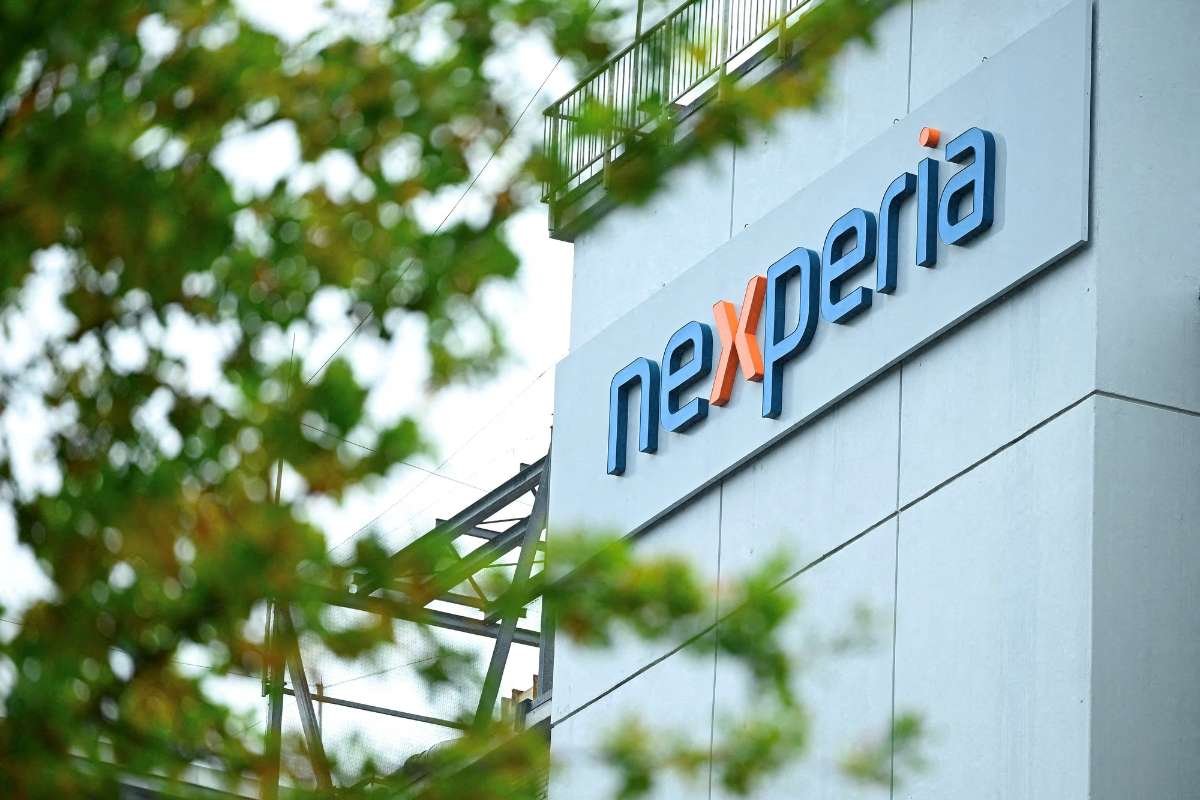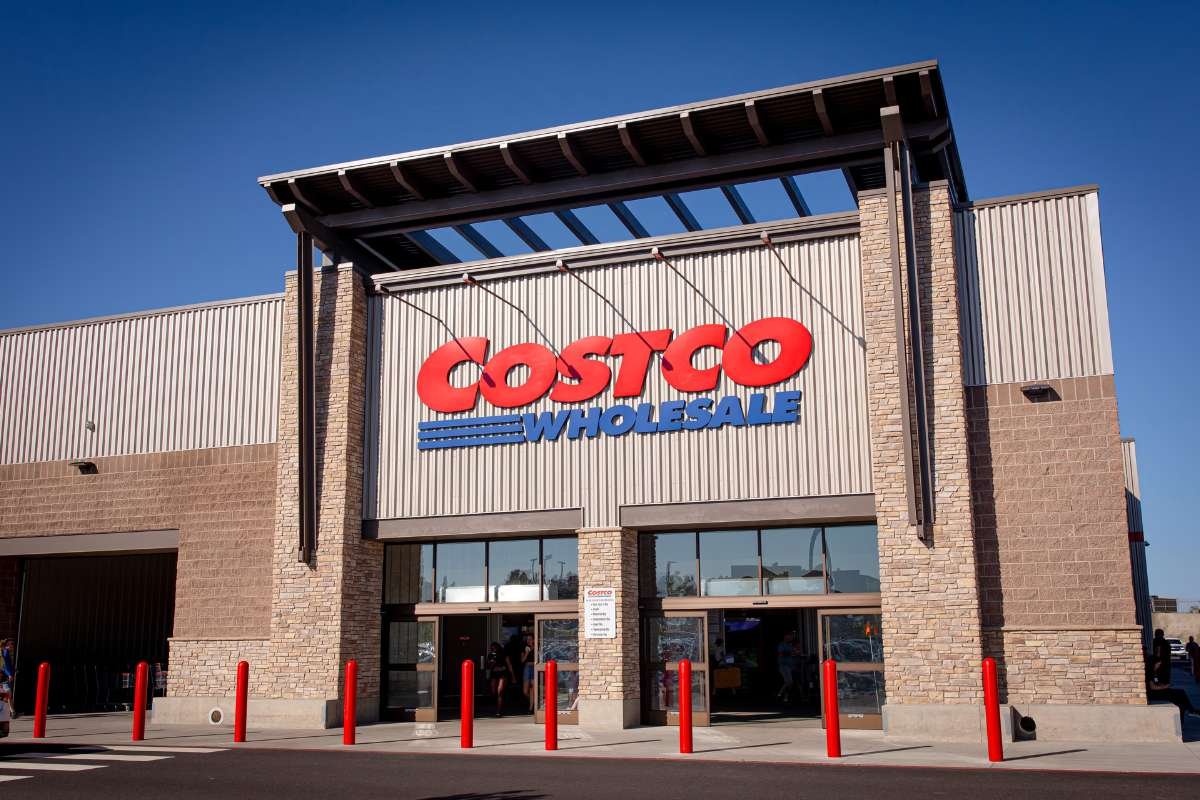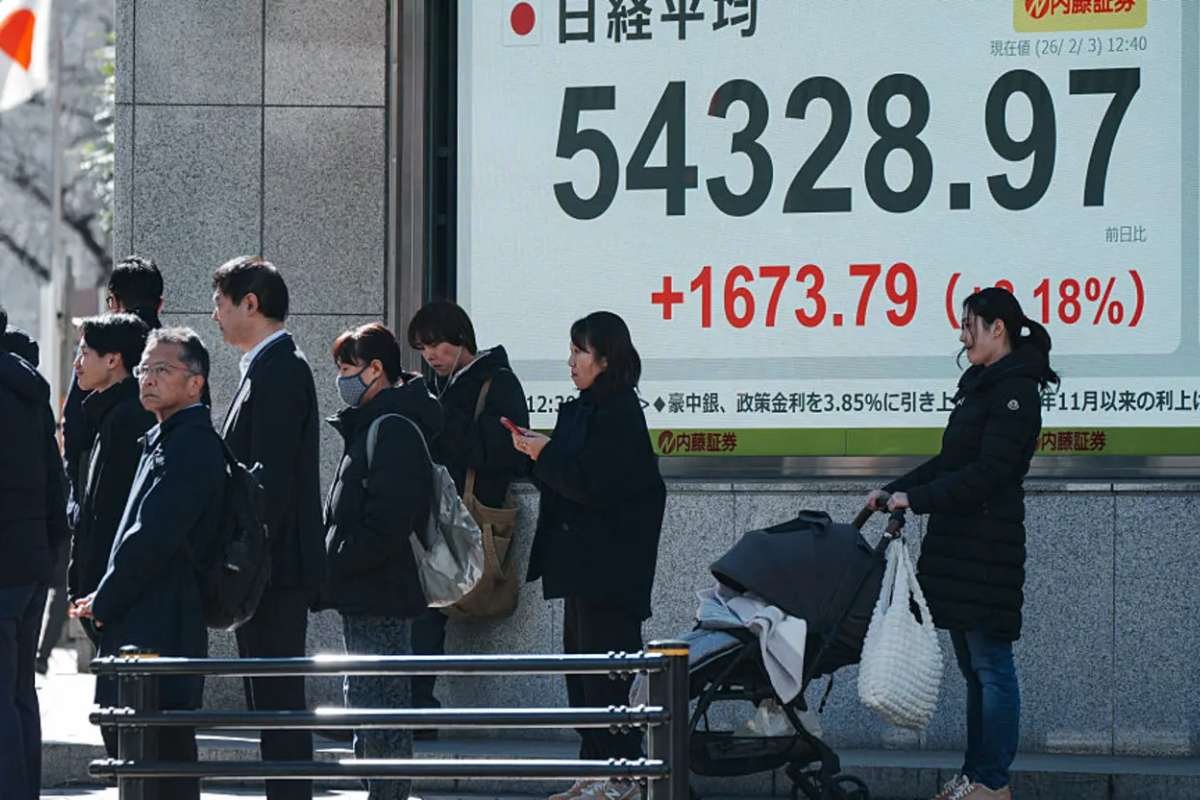Key Points:
- Dutch suspends intervention, Nexperia exports resume.
- Chip supply steadies for European manufacturers.
- Dutch–China talks continue on semiconductor flows.
The Dutch government has suspended its intervention at Chinese-owned chipmaker Nexperia after a series of discussions with Chinese authorities. The move signals a shift in the months-long dispute that had disrupted chip flows and raised concerns among global automotive and electronics manufacturers. Officials said the latest development allows companies in Europe and other regions to resume exporting products made by Nexperia, restoring clarity to a supply chain that had been under strain.
The suspension follows indications from Beijing that finished chips from the company would once again be available for international shipment. Dutch officials described the change as a constructive step that enables companies relying on Nexperia’s components to stabilize production plans and adjust procurement pipelines after weeks of uncertainty.
Implications for Chip Supply and Manufacturing
Chipmaker Nexperia specializes in high-volume semiconductor components used across automotive systems, consumer devices, and various industrial applications. The temporary disruption had affected multiple sectors, particularly automakers already managing tight component inventories. Several global car manufacturers had raised concerns about the potential for deeper shortages if chip deliveries remained restricted.
With the suspension now in effect, companies expect an improvement in supply predictability. Industry leaders say that even a partial restoration of semiconductor flows can ease pressure on production schedules, especially for manufacturers operating just-in-time assembly lines.
The Dutch government said ongoing dialogue with Chinese authorities will continue in the coming weeks as both sides work to ensure the steady availability of the company’s products.
Path Forward for Semiconductor Logistics
The dispute began earlier this year when the Dutch government activated a law enabling temporary control of Nexperia’s operations, citing concerns about ensuring access to essential technologies during emergencies. China responded by blocking exports of finished chips from the company, triggering a slowdown that affected European businesses dependent on its components.
With exports now resuming, semiconductor distributors and manufacturing clients are expected to redirect orders and re-evaluate inventory strategies. Businesses across Europe and beyond rely on Nexperia for standardized components that support a wide range of electronics, from vehicle control units to mobile accessories.
Industry groups say the latest update helps restore confidence among suppliers who had been forced to manage alternative sourcing, longer lead times, or paused production cycles.
Market and Supply-Chain Response
The European business community noted that stabilizing the supply chain is a key priority as companies prepare production plans for the coming quarters. Trade officials welcomed the move, saying it supports smoother global flows and reduces the risk of bottlenecks across strategic industries.
European automotive stocks showed mixed movement following the announcement. Some companies saw minor gains, while others remained flat or slightly lower as markets processed the impact on semiconductor availability. For manufacturers balancing large-scale chip usage, even modest improvements in supply can influence quarterly output and procurement costs.
As discussions between the Dutch and Chinese authorities continue, businesses relying on Chipmaker Nexperia’s components will monitor how quickly normal export volumes resume. A sustained recovery in semiconductor shipments could help stabilise production chains across automotive, consumer electronics, and hardware manufacturing sectors that remain highly sensitive to component disruptions.
The suspension marks an important step toward easing pressure on companies that depend on predictable chip supplies, enabling entrepreneurs and business owners to plan more confidently for upcoming manufacturing cycles.
Visit The Enterprise World for the most recent information.


















